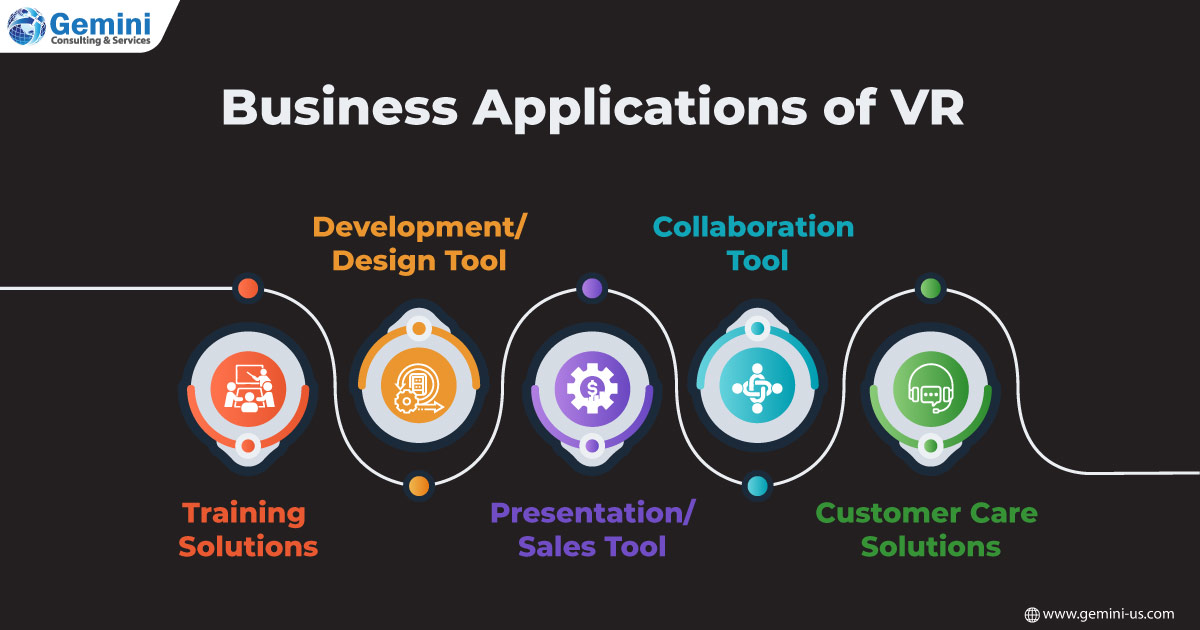Virtual Reality (VR) is becoming integral to digital transformation strategies, and there is a noticeable rise in budgets allocated for Augmented Reality (AR). The current market demands AR applications that transcend beyond leisure, tourism, or marketing, aiming for affordability for users. Notably, companies are incorporating Artificial Intelligence (AI) into AR solutions.
The advent of the latest 5G standard presents intriguing possibilities for VR evolution. This standard facilitates the connection of more devices and larger user communities. Its imperceptible latency enables consumers to receive real-time images, akin to seeing them with their own eyes.
Market reports indicate a significant surge in VR users, reaching over 171 million in 2022. The sale of VR devices is projected to grow from 10.8 million in 2022 to 23.8 million by 2025. Consumer spending on AR/VR is anticipated to reach $72 billion by 2024. The global VR gaming market is expected to sustain growth at a Compound Annual Growth Rate (CAGR) of 32.75% from 2021 to 2026.

Businesses stand to derive substantial value from VR technologies, utilizing them to expand market reach and enhance customer satisfaction. To achieve this, enterprises require tailored apps to perform specific functions. Gemini Consulting & Services can assist enterprises in developing customized VR applications. Contact us to know how we can help you leverage the primary applications of VR technologies listed below.
- Training Solutions
VR facilitates virtual reality training, enabling businesses to educate employees on essential skills, procedures, and knowledge anytime, anywhere. Training simulations can include equipment and machinery, with interactive features such as VR controllers or haptic gloves. This not only reduces training equipment costs but also makes education safer and universally accessible.
- Development/Design Tool
VR enhances 3D models and designs during product and process development, providing an immersive and realistic experience. It allows businesses to visualize products in a lifelike environment, enabling interaction and manipulation. This surpasses the limitations of traditional paper or standard 3D software.
- Presentation/Sales Tool
Employing VR in business serves as a spectacular method to create unique interactions between consumers and products. A VR product configurator on a company’s website enables customers to design and customize their products up close, fostering a personal and detailed interaction comparable to physically holding the item.
- Collaboration Tool
Virtual avatars and 3D streams offer more comprehensive information than traditional video calls or conferences. VR meetings simulate the work environment, particularly useful when employees are remote or unable to attend in person.
- Customer Care Solution
Virtual reality apps can be integrated into a company’s customer care strategy, offering virtual tours for customers to explore locations or products. VR can extend beyond entertainment, supporting health and life goals, education, and rehabilitation.
Generating Business Value through VR
- VR proves to be versatile in addressing various business tasks, ranging from individual sales transactions to large-scale organizational restructuring.
- In the realm of employee education, VR emerges as a transformative tool, completely replacing traditional lectures and hands-on training with designated trainers.
- The use of virtual solutions not only reduces risks for workers but also offers a convenient and efficient preparation method.
- Enterprise VR applications often simulate numerous work scenarios, leading to a potentially lengthy development process without an efficient framework.
- The immersive nature of VR can significantly diminish or eliminate the necessity to physically showcase a product, as consumers can engage with it digitally.

Immersive Educational Experiences: The evolution of education is a prominent trend in VR, breaking traditional learning boundaries by transporting classrooms to different historical epochs or even other planets. Virtual reality brings subjects like history, geography, and science to life, enhancing engagement and comprehension. The ability to practice complex surgical procedures in a risk-free virtual environment represents a groundbreaking advancement in medical training, pointing towards a future where VR reshapes our entire approach to education.
Expansion of Social VR Platforms: Beyond individual experiences, the rise of social VR platforms is an exciting trend. These platforms enable real-time interaction within a virtual environment, fostering activities such as hosting parties, attending concerts, and participating in multiplayer games. User-friendly interfaces, diversity, and community focus are enhancing these platforms, indicating a more inclusive and socially connected future for virtual reality.
Integration of AI in Virtual Reality: The synergy between artificial intelligence and VR is increasingly evident, resulting in a more personalized and intuitive user experience. AI-powered VR experiences analyze user behavior and preferences, adapting the virtual environment to individual needs. This integration is pivotal in creating a dynamic and responsive virtual world, signaling a significant shift in the future of virtual reality.
Metaverse: The Big VR Story: In July 2021, Facebook’s CEO Mark Zuckerberg introduced the concept of the metaverse, coinciding with the company’s rebranding to Meta. The metaverse, metaverse represents a digital universe accessed through virtual reality, allowing users to mirror many real-life activities in a virtual domain. Unlike traditional VR applications, the metaverse seamlessly integrates all services, providing a continuous and uninterrupted experience.



